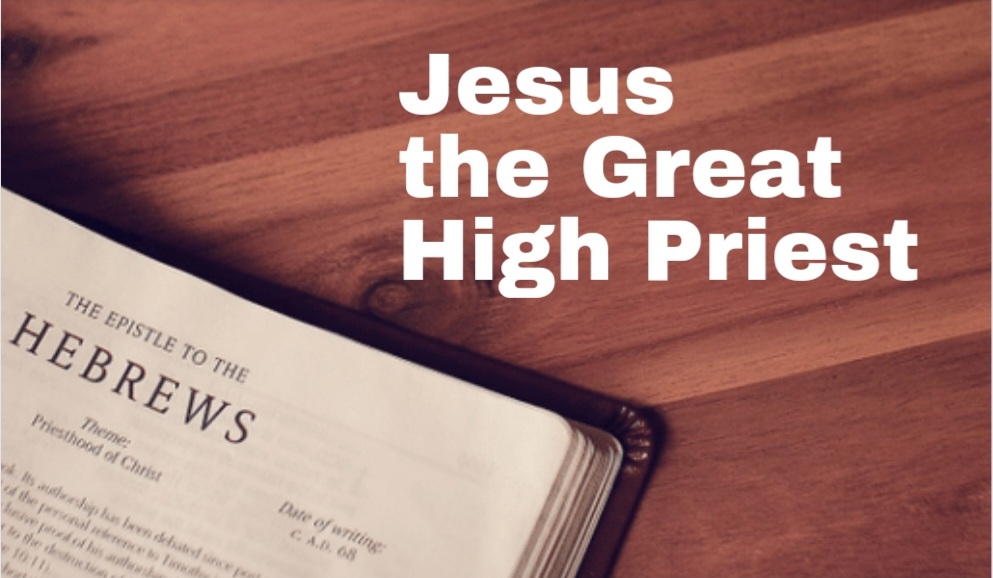May 29, 2022 Preaching | Bro. Jay Singson
Last Sunday, Brother Jay took us further into the book of Hebrews and towards a deeper understanding of who Jesus is. Last week’s verses were probably written at a time when first century believers needed encouragement to resist temptation, and to remain committed to their new Christian way of life. This wasn’t an easy feat and one of the questions they most likely had then was, “who will be our high priest now?” This was an important question for Jewish believers at that time. They had left their previous way of life, and with that their high priest who played a critical role of bringing their needs to God and doing all that was necessary for the forgiveness of their sins. And what these verses in Hebrews hold is reassuring, “Therefore, since we have a great high priest who has passed through the heavens, Jesus the Son of God, let’s hold firmly to our confession” (4:14). They now have Jesus, the perfect High Priest who was better than the earthly high priests they once relied on.
Through Jesus, they see a perfect picture of what the Jewish high priests did in the day of atonement. These high priests entered the Holy of Holies to meet God, but are only able to stay for a short while. They were never able to stay perpetually in God’s presence because they too were sinners. In contrast, Jesus entered heaven and stayed there, representing them in front of God as their High Priest for all eternity.
In Jesus, they have a perfect high priest who sympathized with their weakness but held no sin. Earthly high priests could relate to them, being human themselves. But like them, they also needed to offer sacrifices to atone for their sins. In contrast, Jesus was a High Priest who understood them, but needed no sacrifice for He was without sin. “For we do not have a high priest who cannot sympathize with our weaknesses, but One who has been tempted in all things just as we are, yet without sin” (4:15).
With Jesus, they have a High Priest appointed by God for all eternity. Earthly high priests were also chosen by God to come from a specific lineage, a Levite from the line of Aaron. However, these high priests were mortal, with the role passed on through generations of high priests who lived and died. In contrast, Jesus was appointed by God not from this mortal line but from that of Melchizedek, final and everlasting. Jesus met all the qualifications of a high priest but with better credentials, “Therefore, let’s approach the throne of grace with confidence, so that we may receive mercy and find grace for help at the time of our need” (4:16).
Jesus as High Priest is relevant not only for first century believers but also for us today. Jesus continues to be our High Priest, constantly calling us to enter the true rest that only He can offer. Like these first century believers, we can trust in Jesus as a High Priest who truly understands us. He understands what it’s like to be “tempted in all things just as we are” (4:15), having personally experienced what it’s like to be human. He understands what it’s like to suffer, “In the days of His humanity, He offered up both prayers and pleas with loud crying and tears to the One able to save Him from death” (5:7). He understands what it means to obey even when it’s difficult, “Although He was a Son, He learned obedience from the things which He suffered” (5:8). Jesus obeyed in the way no one else had to, obediently suffering death on the cross to atone for our sins. “And having been perfected, He became the source of eternal salvation for all those who obey Him, 10 being designated by God as High Priest according to the order of Melchizedek” (5:9-10).
Jesus is our perfect High Priest appointed by God for all eternity – one who represents us perpetually in front of God, one who fully sympathizes with us and yet is without sin, one whose obedience and sacrifice became our source of eternal salvation. Because of who Jesus is, we must hold firmly to our confession and strive on to maturity as Christians.
